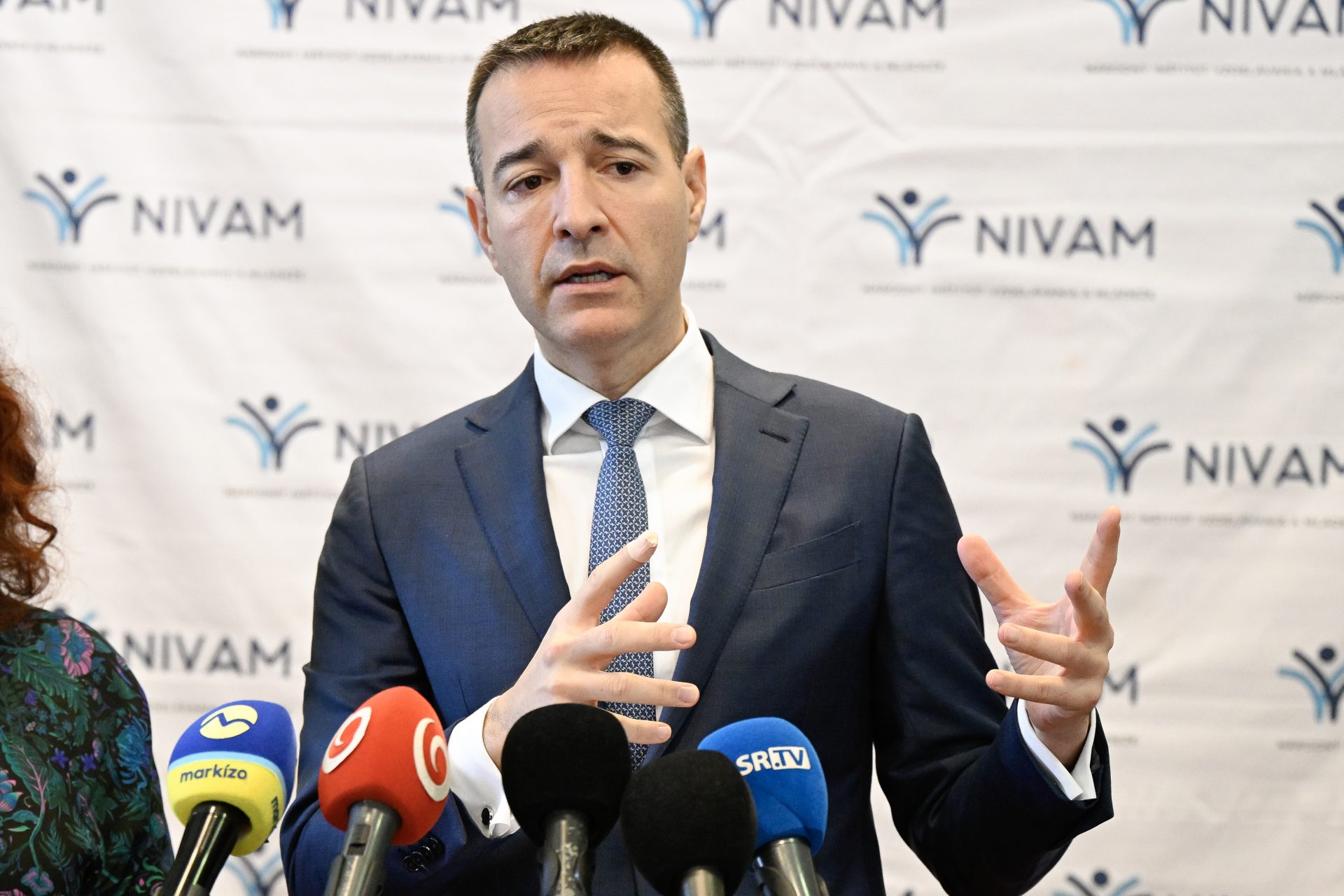
Brussels – The European Union will not impose regulations on the use of mobile phones by students in schools, though member states are encouraged to share advice and best practices. This announcement was made by Minister of Education Tomáš Drucker (Hlas-SD) following a meeting of the EU Council for Education, Youth, Culture, and Sports in Brussels, as reported by TASR correspondent.
The agenda of the Hungarian presidency in the EU Council included several important topics, notably a proposed European diploma. Drucker highlighted Slovakia’s support for student mobility initiatives, such as Erasmus+, while also addressing a new proposal aimed at establishing a collaborative agreement among European schools for a shared diploma.
“The concept holds promise, but there are concerns among some nations that if a certain group forms an agreement while others do not, it could undermine the quality of our universities and lead to a brain drain as young people migrate to foreign institutions,” Drucker explained.
Mobile phone usage in schools was a significant subject of discussion. Drucker noted that many member states recognize that mobile devices, particularly in primary education, can impede students’ concentration and academic performance. Some countries, including Slovakia, have already instituted bans, with Hungary extending these restrictions to the final years of secondary education.
“The dialogue on this issue is informal and based on empirical evidence. It is unlikely any nation would accept regulation in this area. Nevertheless, the Union serves as an excellent platform for us to share experiences, data, and insights, fostering discussion and inspiration,” he added.
According to OECD data, the primary reason for banning mobile phones in schools is the decline in students’ concentration and the deterioration of social interactions during breaks. The data also indicates that students perform better in environments where mobile phone use is restricted.
Drucker also brought attention to the implications of artificial intelligence for competitiveness, warning that Europe is at risk of falling behind other global players in this field.
“We need to adopt a leadership mindset and actively promote the use of artificial intelligence in education,” he asserted.
He mentioned that Slovakia, in conjunction with the OECD, is planning a major educational forum on artificial intelligence in education for November 2025, along with a summit featuring high-profile attendees, including the UN Secretary-General, the President of the European Commission, and leaders from the tech sector.
During his time in Brussels, Drucker engaged in bilateral talks with counterparts from Estonia and France, focusing on early childhood education. He acknowledged that Slovakia faces challenges in accessing preschool education for children from disadvantaged socio-economic backgrounds. He expressed admiration for EU nations where schooling is mandatory from age three, emphasizing its role in better preparing children for primary education by instilling essential skills and habits. (November 25)













Leave a Reply